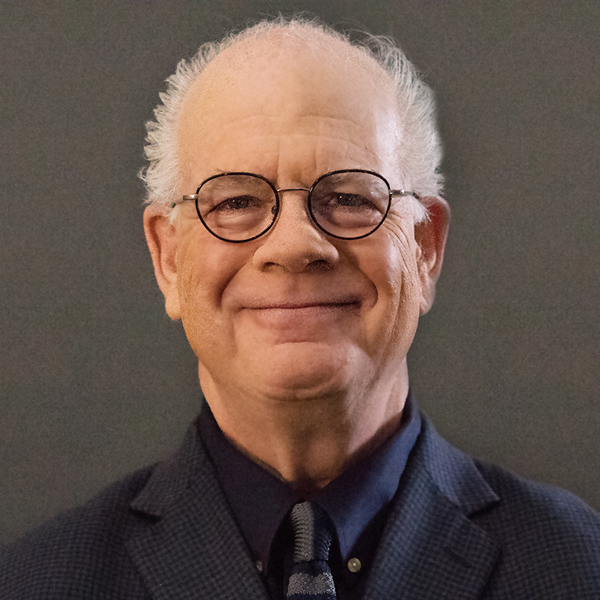
The day before the NYU policy went into effect restricting travel outside the United States, I‘d already landed in France where I was scheduled to deliver the keynote address at the Conference on Integrative Economics hosted by the Organisation for Economic Co-operation and Development (OECD). Headquartered in Paris, OECD was founded in 1961 as an inter-governmental agency comprising 36 member nations with the goal to stimulate economic progress and world trade.
The event was part of the OECD's New Approaches to Economic Challenges initiative, with which my Agent-Based Modeling Lab and Oxford's Institute for New Economic Thinking will be formal collaborators.
My keynote address centered on my Agent Zero model, focusing on COVID-19 and its implications for policy--especially the premature lifting of quarantines and the possibility of a second epidemic wave. I also discussed Agent Zero as a new foundation for economics and its relation to other disciplines.
All this took place in a city in full response mode to the spread of the coronavirus. According to the New York Times, “France’s finance minister, Bruno Le Maire, offered affected businesses state financing to pay for partial unemployment benefits, as well as eased credit terms from BPI France, the state investment bank. France has declared the coronavirus a “force majeure,” meaning suppliers won’t be penalized for failing to fulfill government contracts.”
Since I landed safely back in New York City on Saturday (where no one at JFK took my temperature!), the doors to the famed Louvre Museum have remained shuttered, but Disneyland Paris remains open despite a maintenance worker testing positive for COVID-19.
When it comes to infectious disease, we’re learning in real time just how small our world really is.

Joshua Epstein, PhD
Professor of Epidemiology